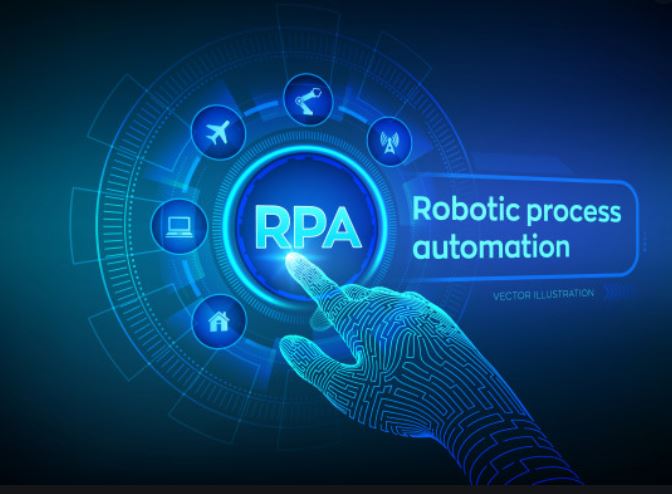Today, adaptation to digitization and robotics in Spain advances gradually. It requires close collaboration between education institutions, companies and the administration to achieve education systems and training strategies that effectively adapt to what national and international labor markets demand.
China is already analyzing how to use Artificial Intelligence to tailor the education experience to individual students from a very early age.
According to Dr. Jessica Bayón Pérez, researcher and professor of Labor and Social Security Law and Human Resources at Universidad Nebrija, we need to motivate, empower and encourage people to improve and readapt their qualifications. More accessible training and skill recycling throughout people’s work lives will be determinant in doing so to improve the competitivity of human talent and organizations.
Therefore, we currently distinguish between highly technical profiles and those who are strangers to technology. It is essential that the latter receive training in new interaction and management models with robots, machinery, smart systems, etc.
“People with highly technical profiles must greatly improve their soft skills in interpersonal abilities, such as emotional intelligence, maintaining synergies between different criteria, communication skills, etc.” Moreover, Bayón says “Before, we were concerned with how to lead and manage human talent as a competitive advantage. Now, we have new challenges ahead, like readapting and empowering current professional profiles to the present and future needs of the labor market, promoting new training areas and fostering an effective knowledge transfer.”, she stresses.

It is expected that many jobs will be automated, either partially or totally. Many workers still think that robots and AI could replace them in their current jobs. According to a World Economic Forum report, 85 million jobs will go extinct in 5 years, but more than 97 million new jobs will be created in turn. Nevertheless, society is not yet prepared for this drastic change. Companies can improve their competitivity and be more efficient thanks to intelligent robots.
Thus, Dr. Bayón stresses that “many of today’s primary and secondary school students will work jobs that do not exist yet”.
"Something that really catches our eye is that, even AI and robots can 'learn how to learn', make advanced analyses, implement semi-autonomous driving, hold conversations, implement customer support, create melodies and more. In the face of these circumstances, we detect great advances in Japan or China that will extend to other countries.

Therefore, the irreplaceable skills that humans bring to the table, such as creativity, identifying and managing our emotions, conflict resolution or team leadership must be reinforced. New and different generations within the same organization such as the combination of technology with human skills, interpersonal abilities... that is where our strength and competitive advantages lie", affirms this expert.
"Some estimate that in a few years everything shall be automated. In my opinion, that is not possible. Certainly, many jobs will be automated, and technology will be a supporting tool to improve efficiency within organizations and create many jobs where knowledge and tech savviness will be crucial skills. In order to create and preserve a good work environment and improve team cohesion, organizations must use proper communication internally to transform people's fear over losing their job into support and motivation towards progress", Bayón predicts.
Robots play and will continue to play an important support role in medicine, gastronomy and homemaking. “What I will try to study in depth is what role ethics and AI play in robotics”, the professor concludes.
